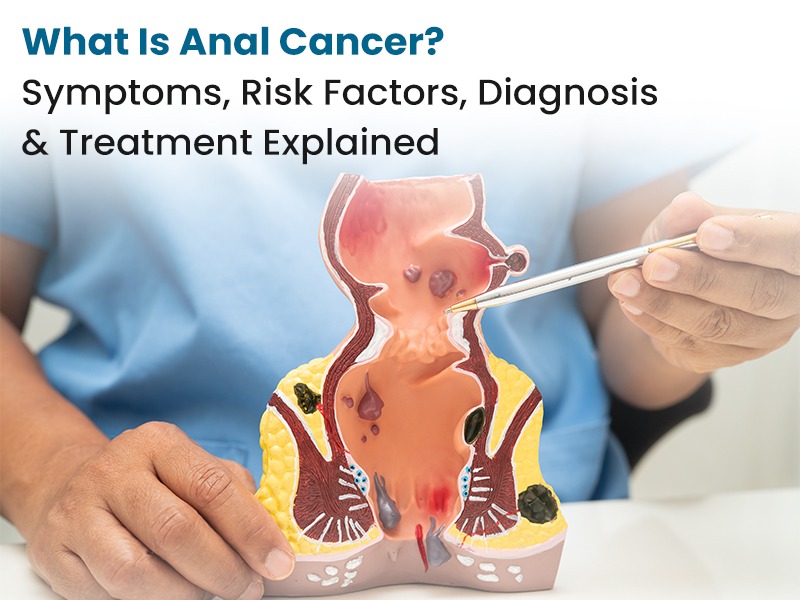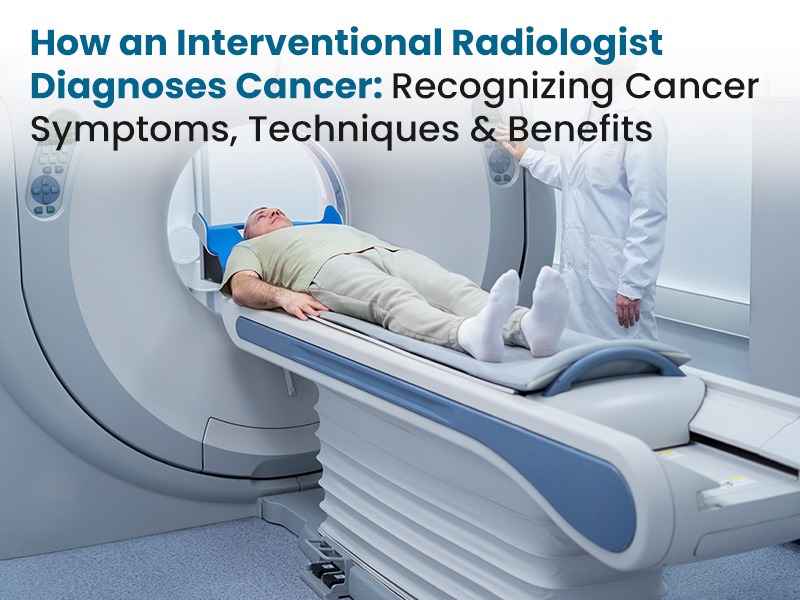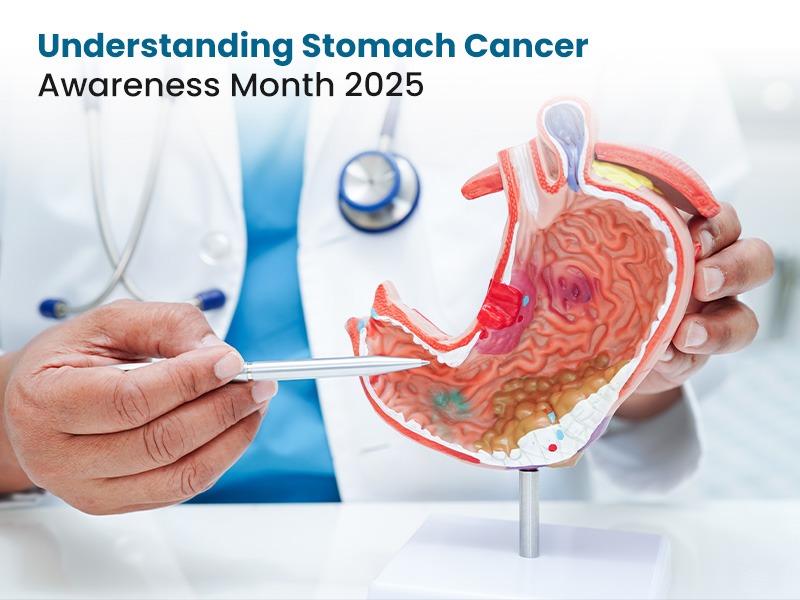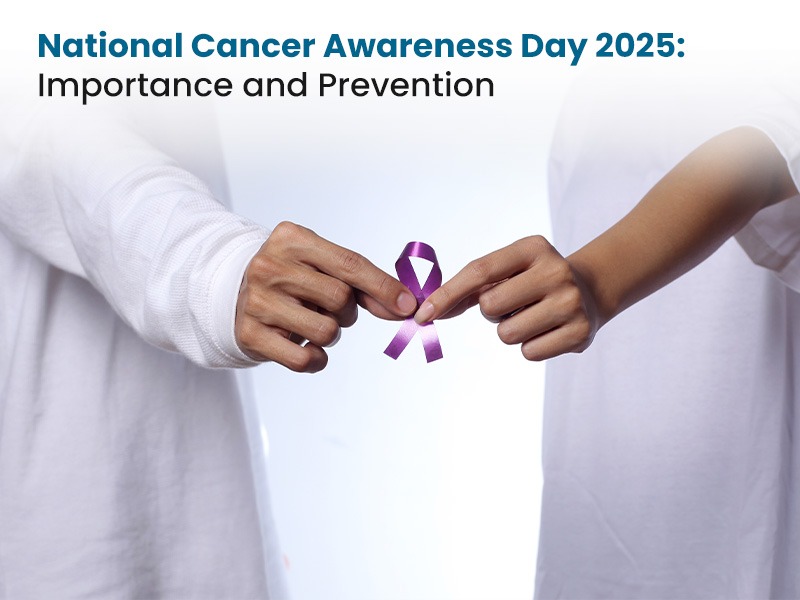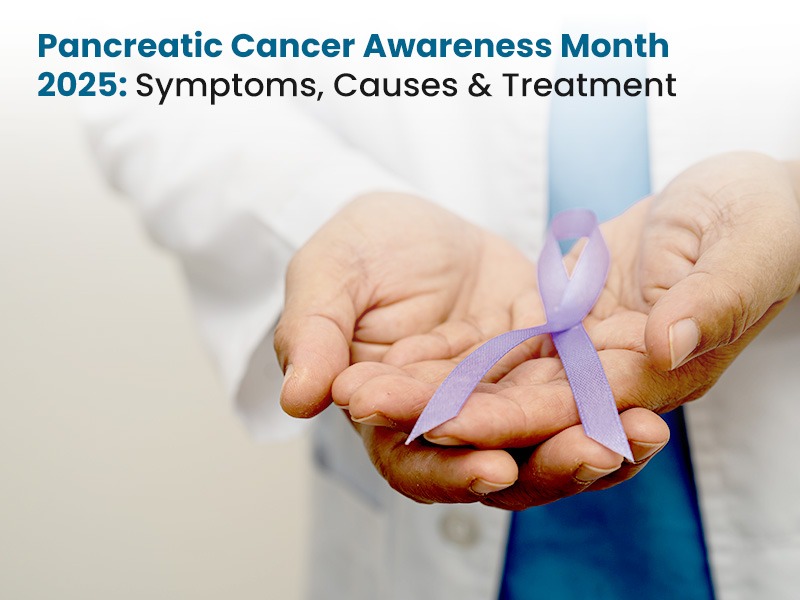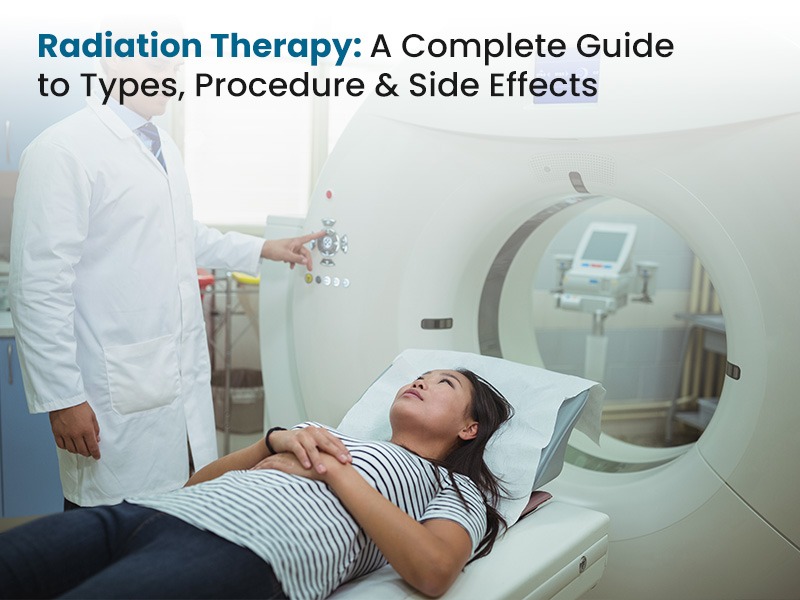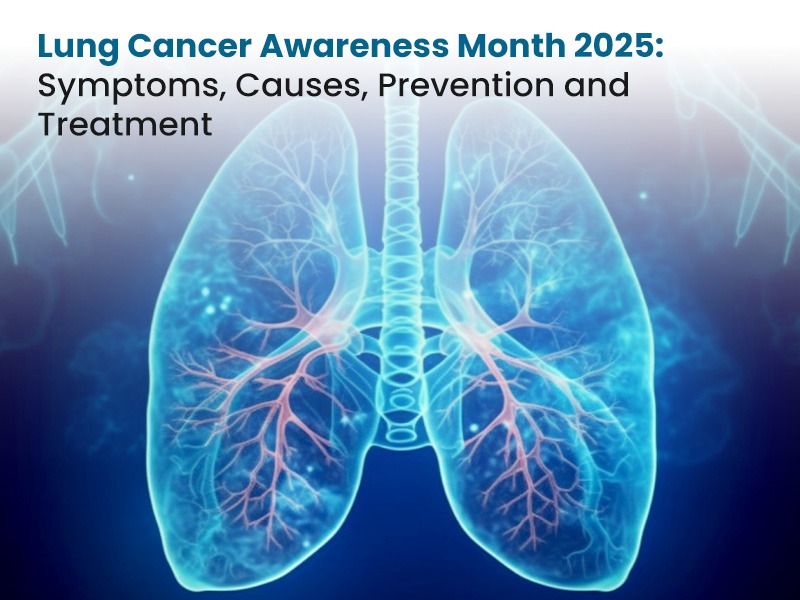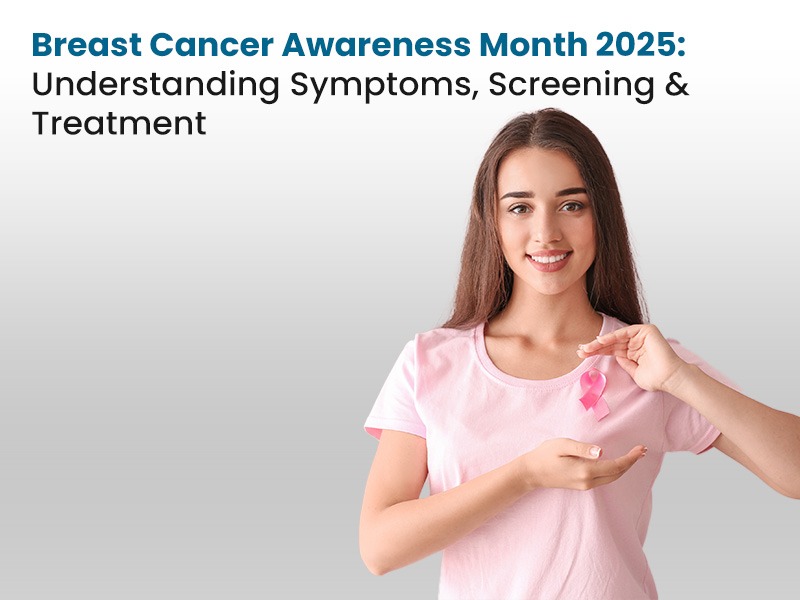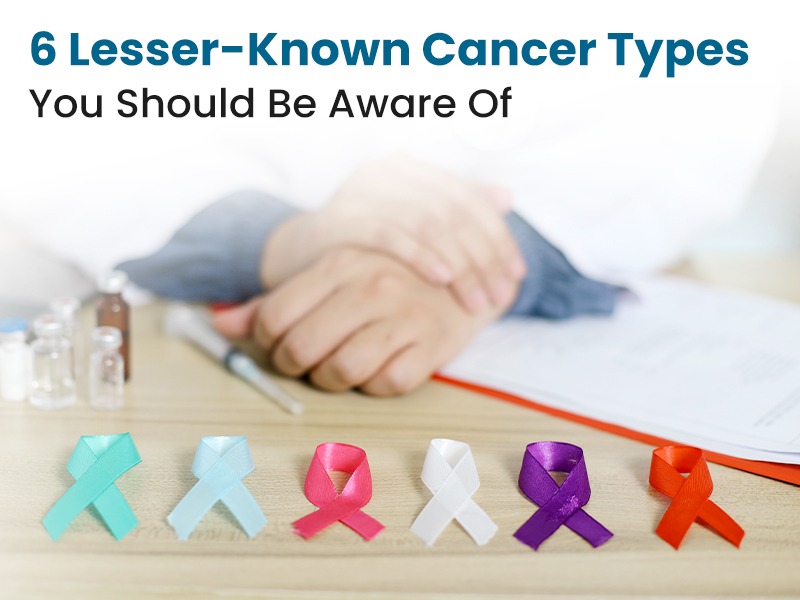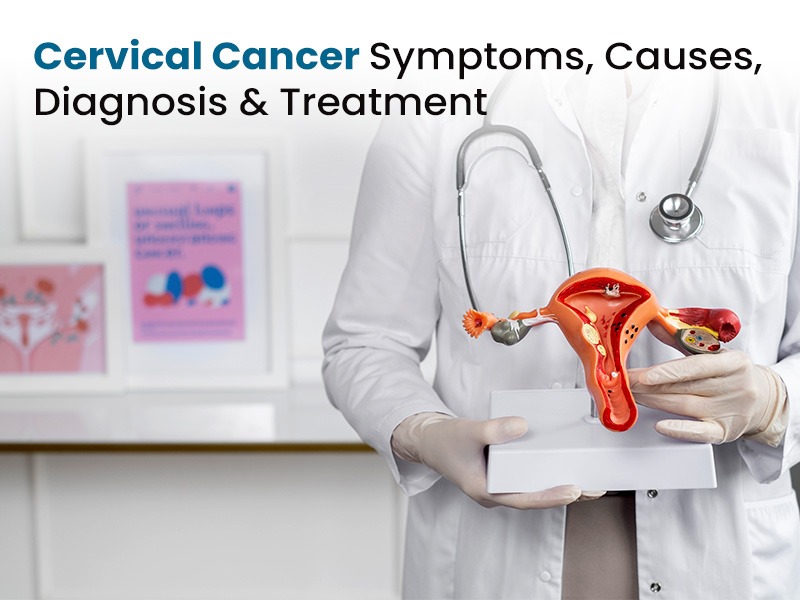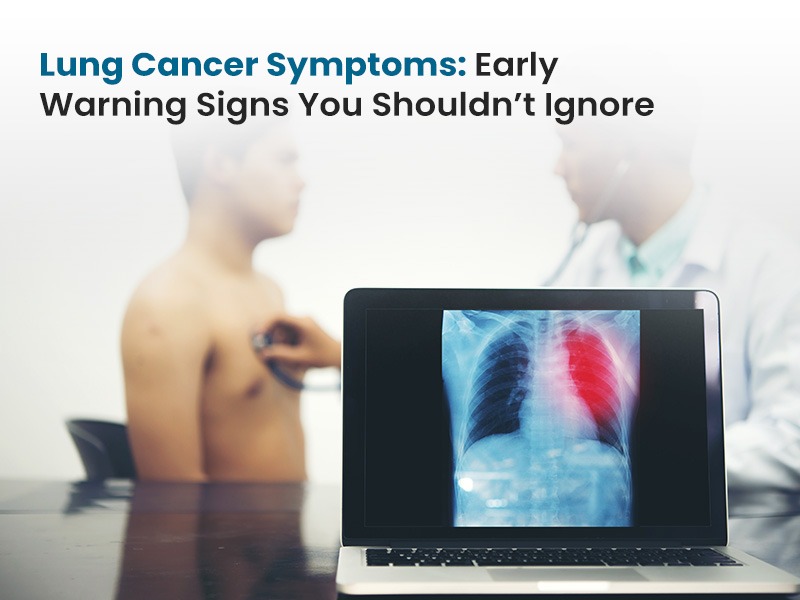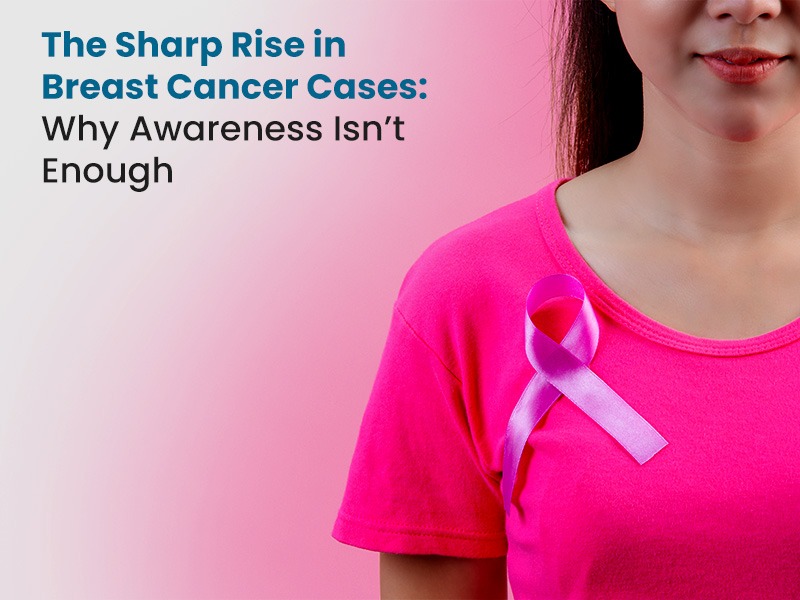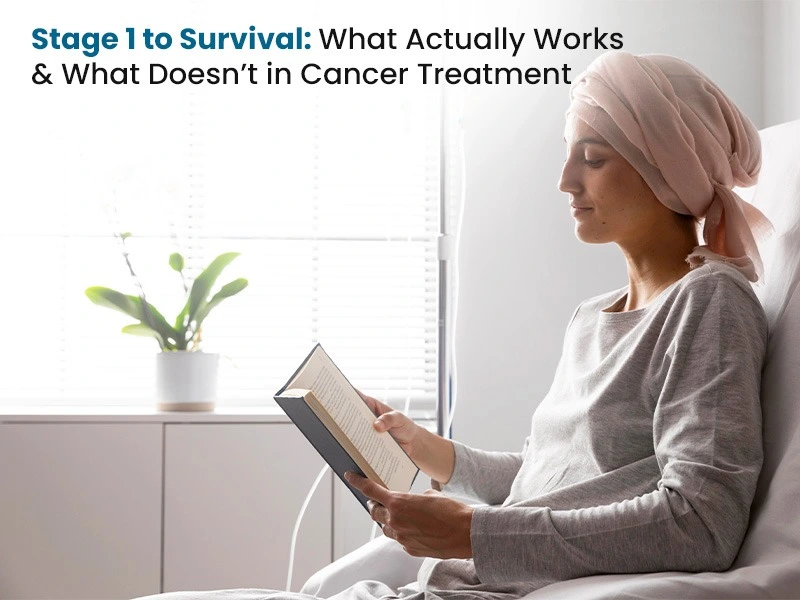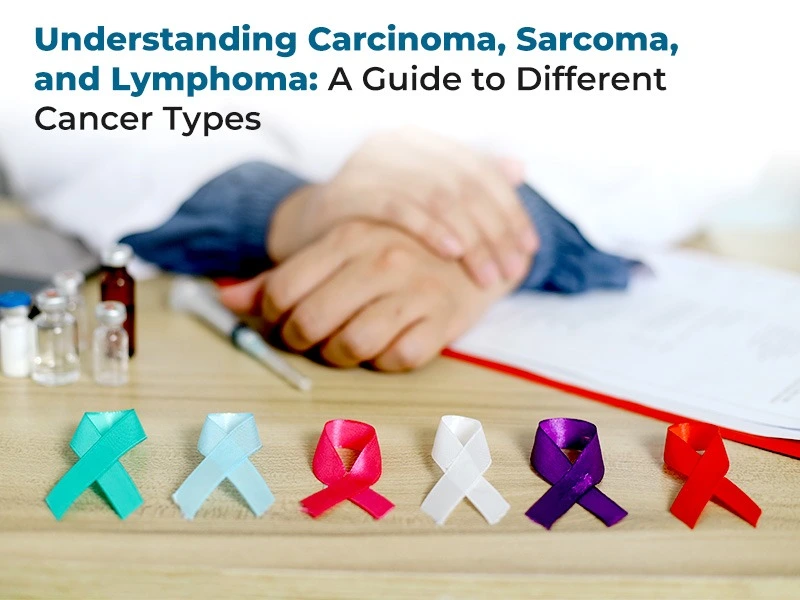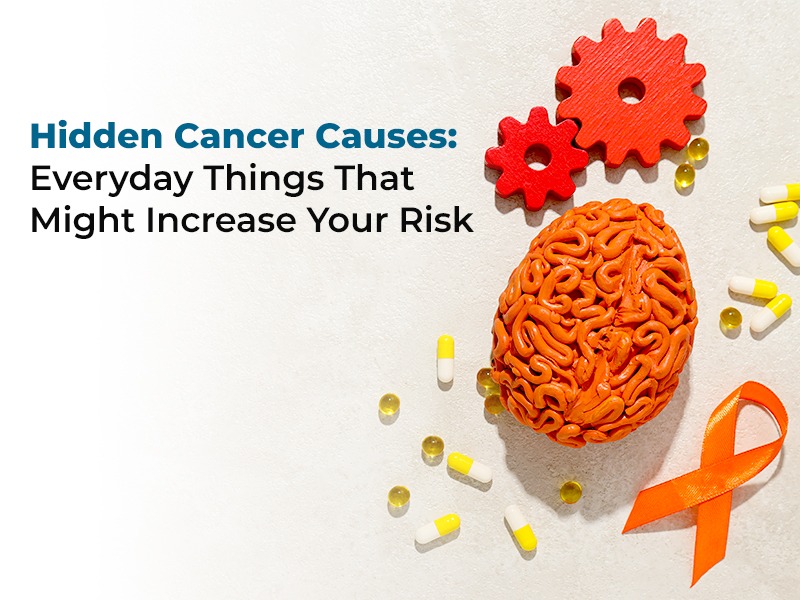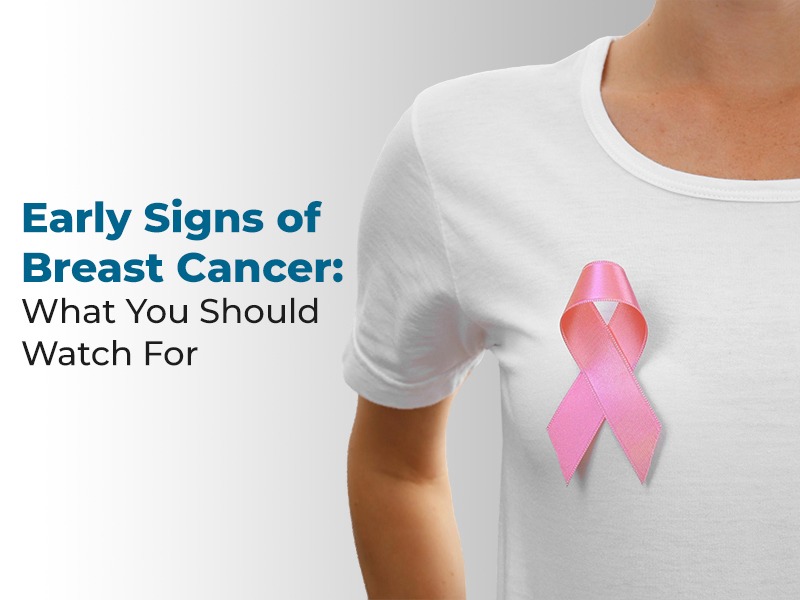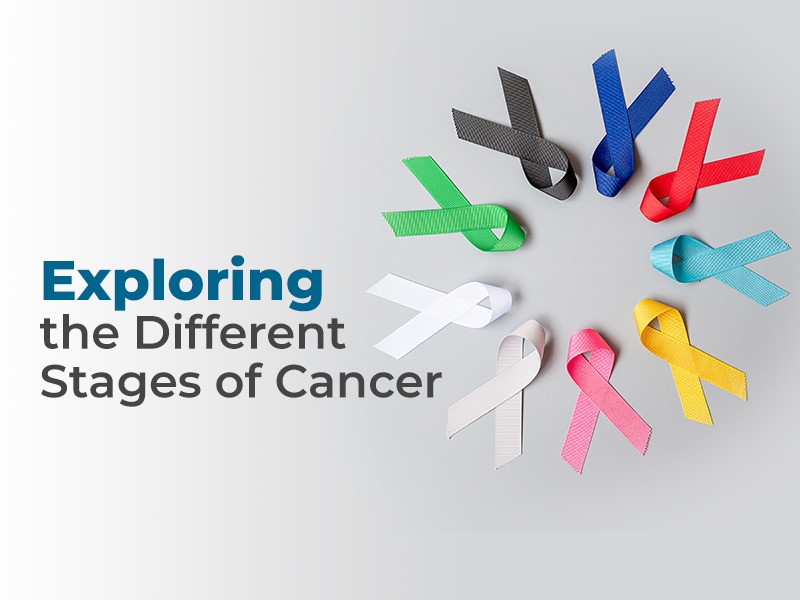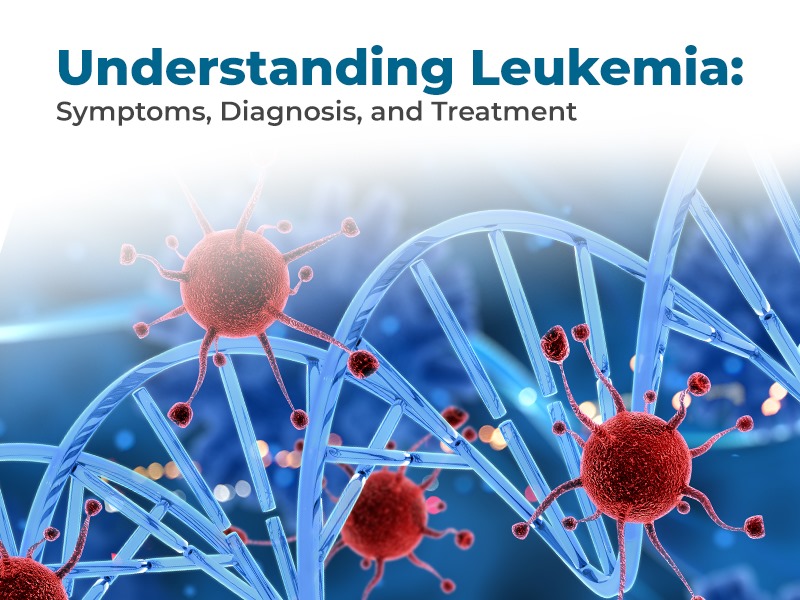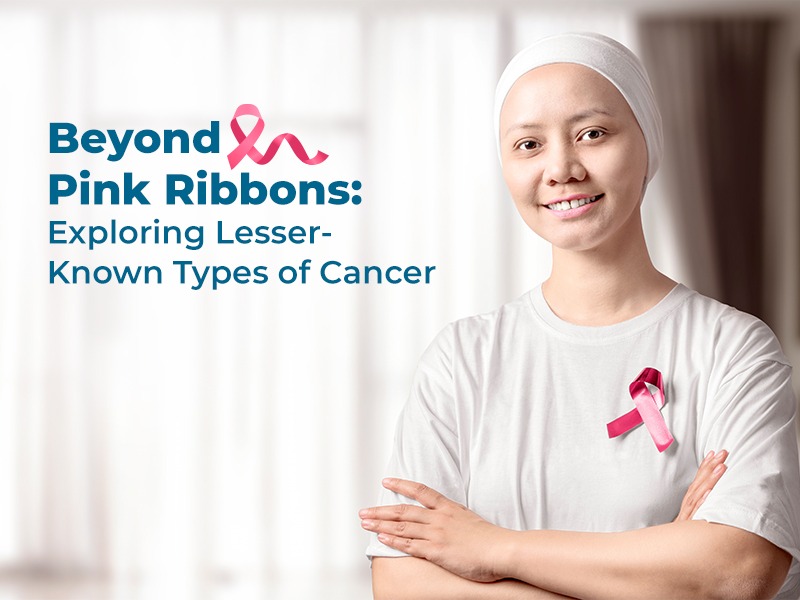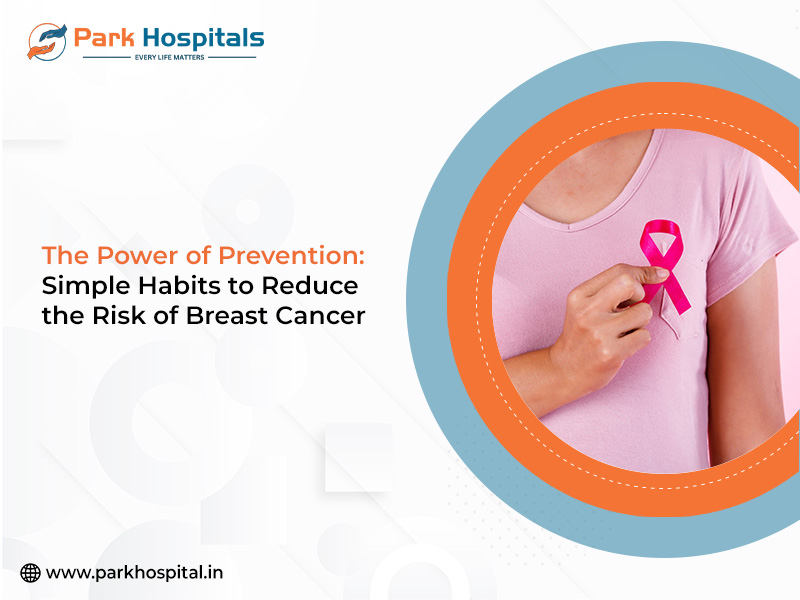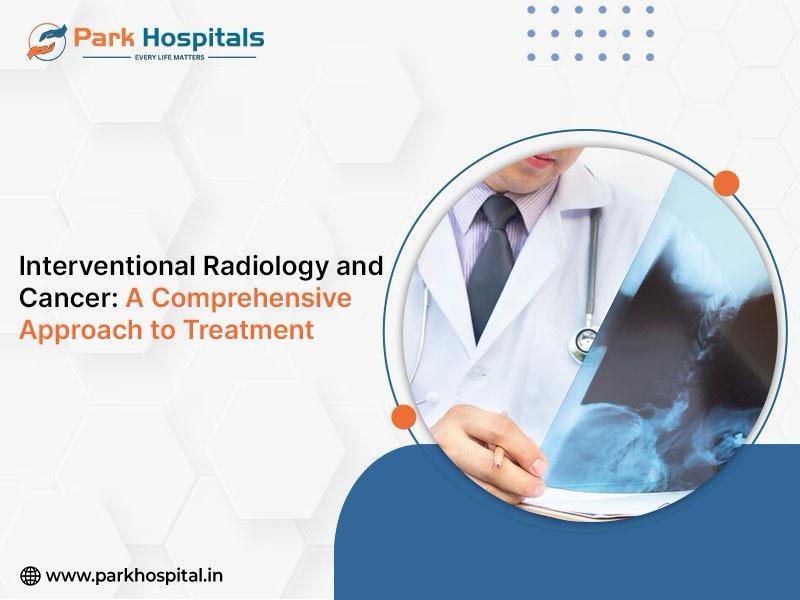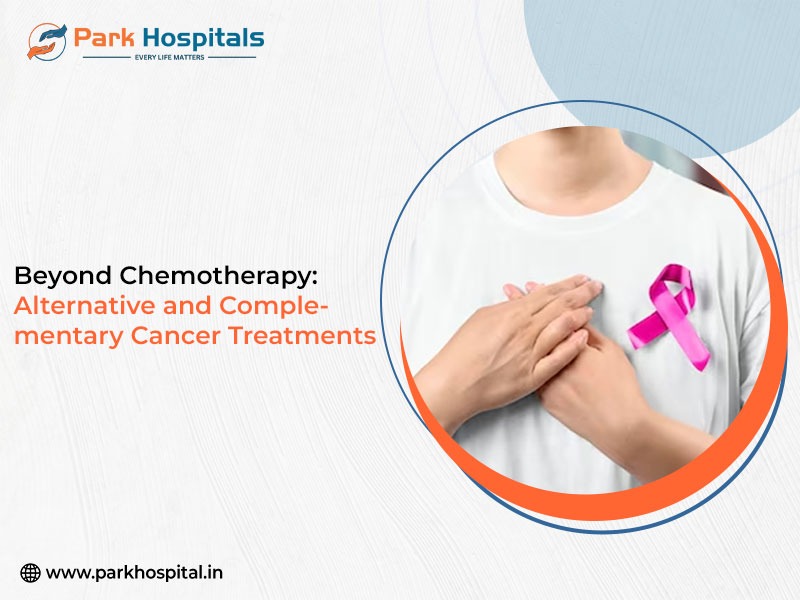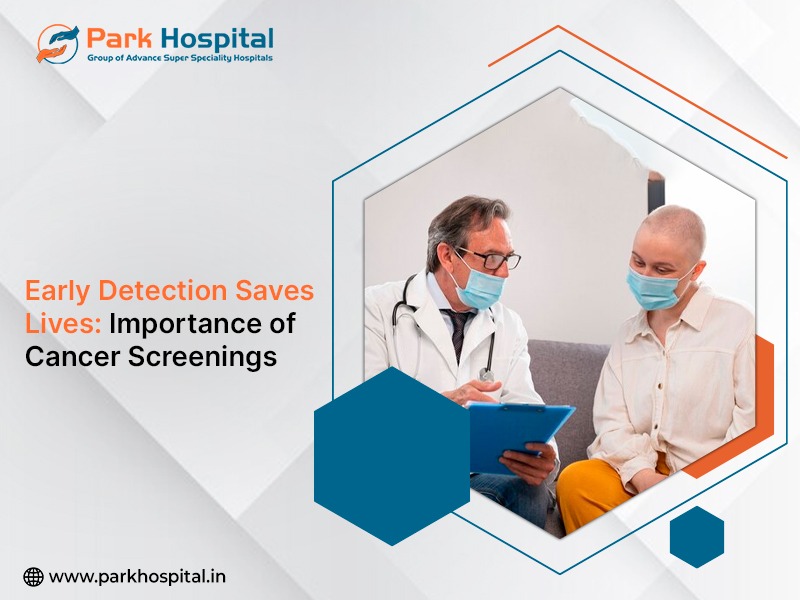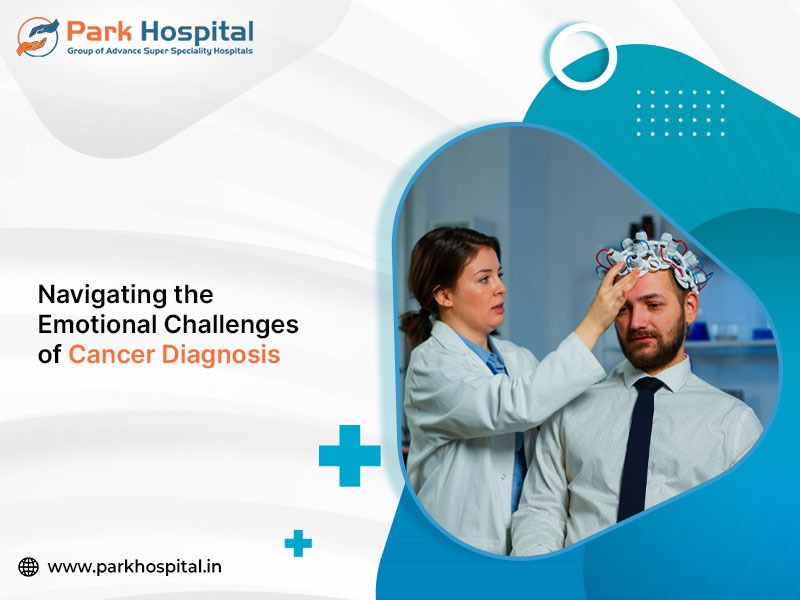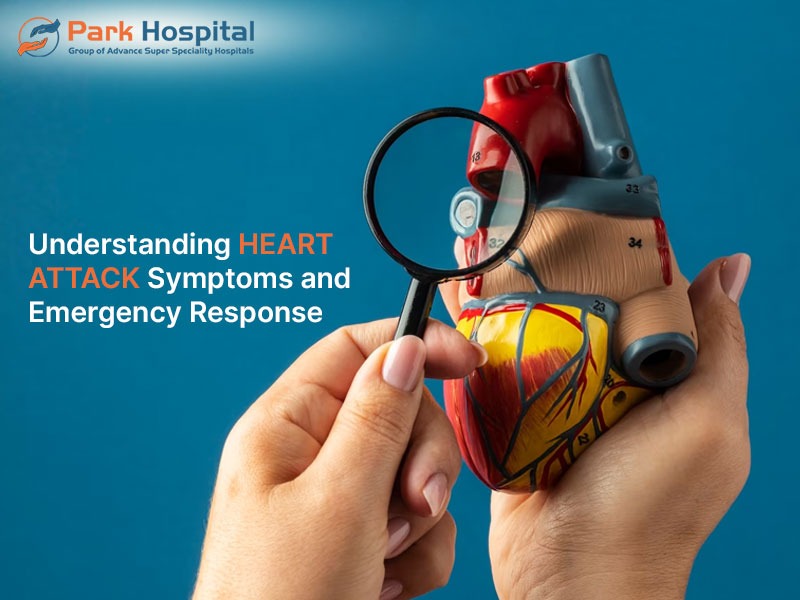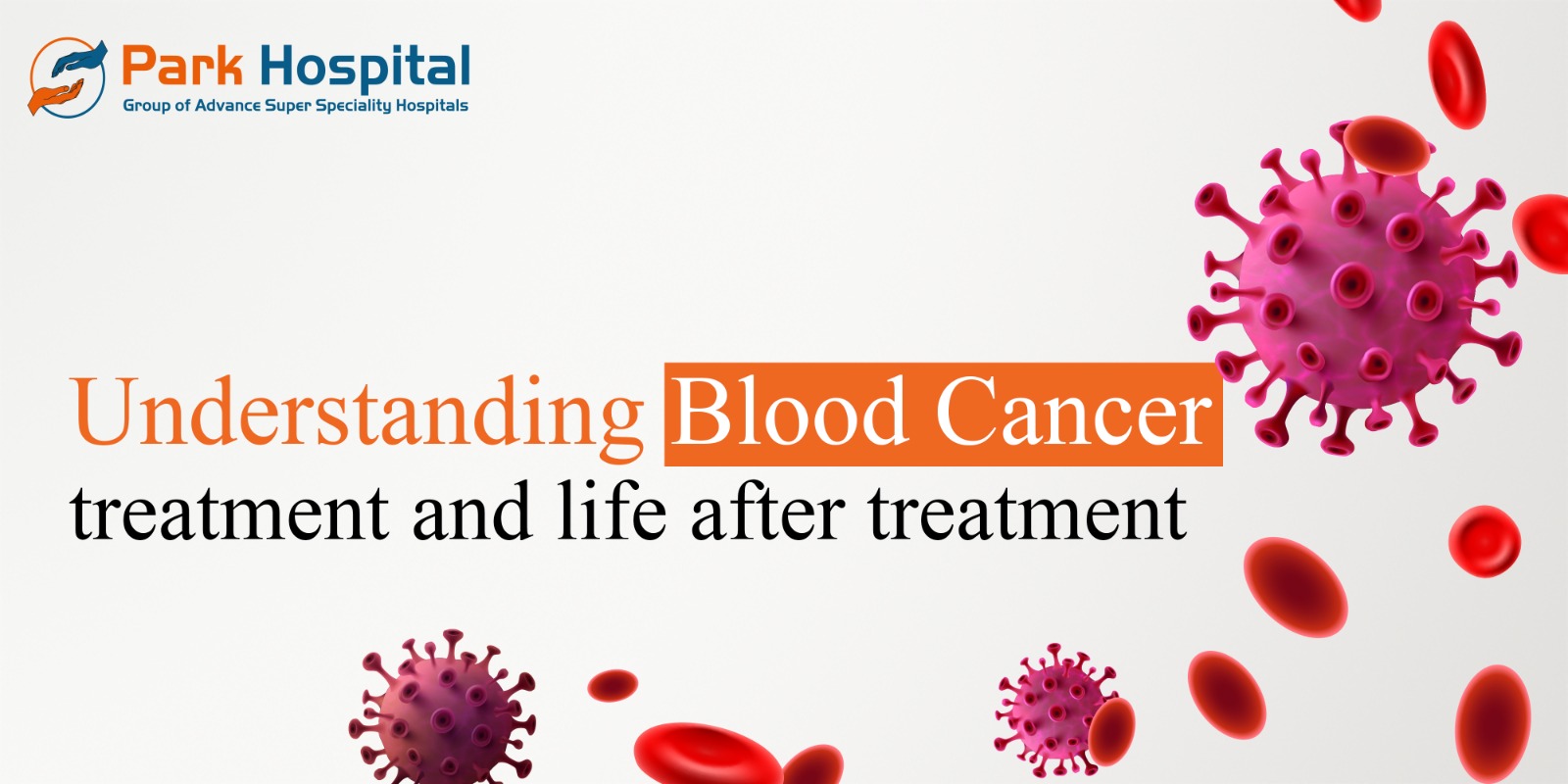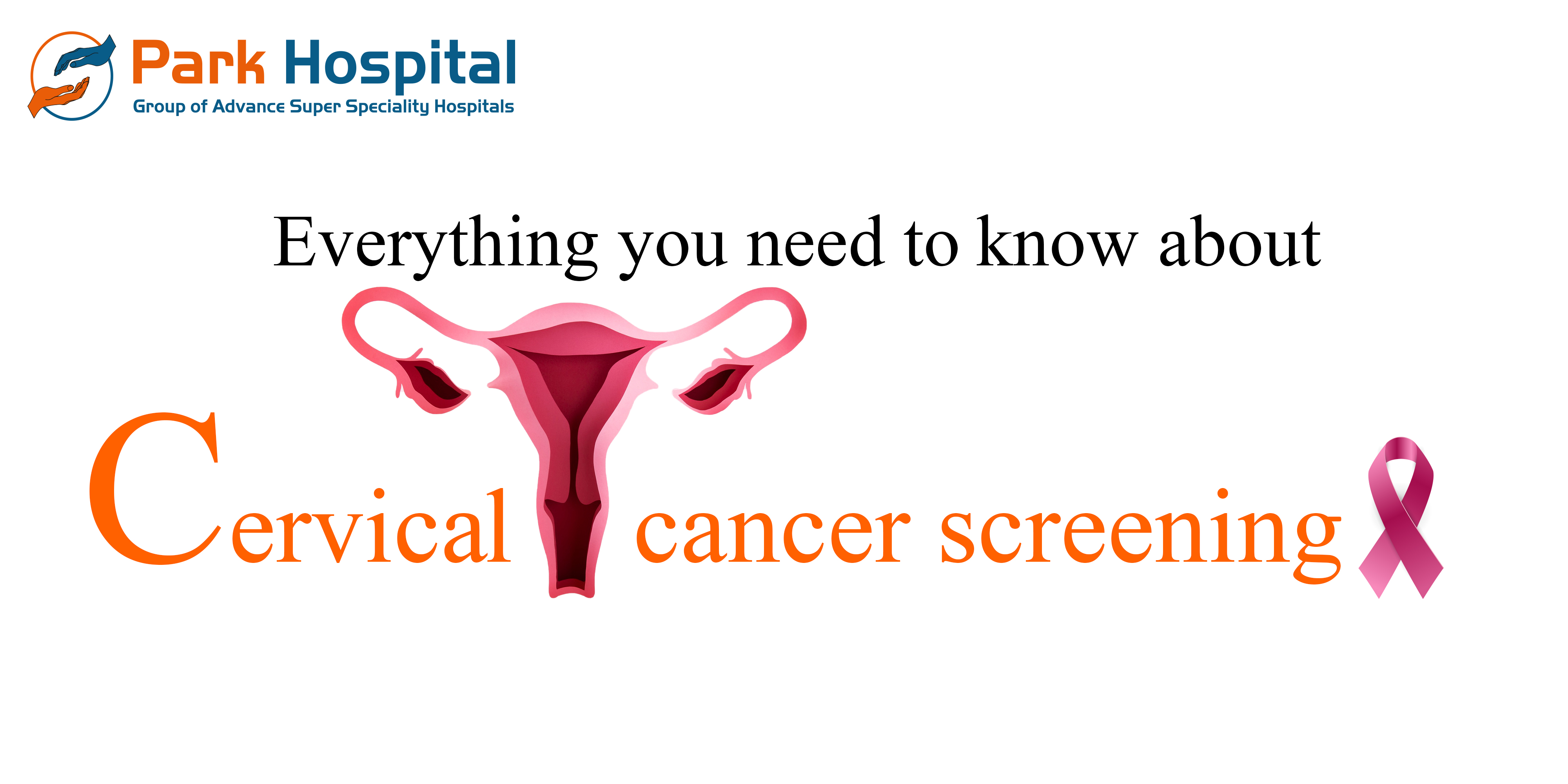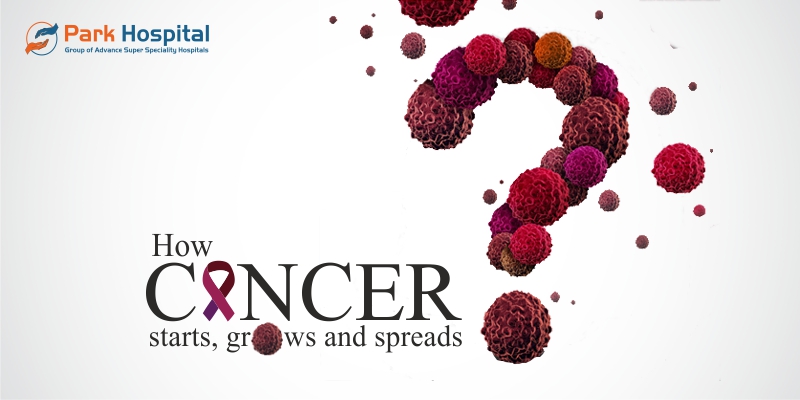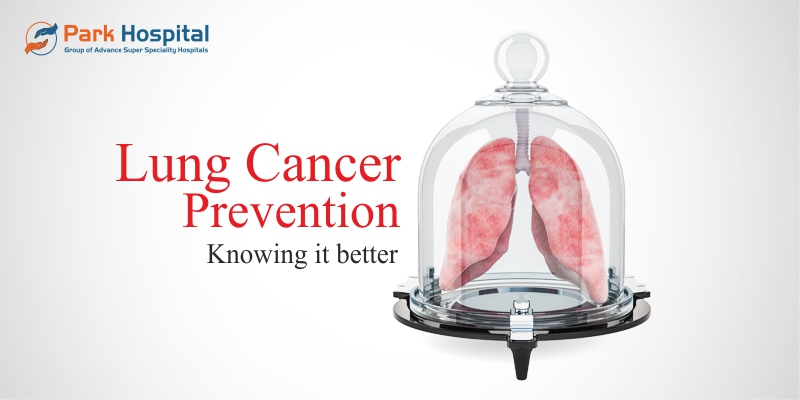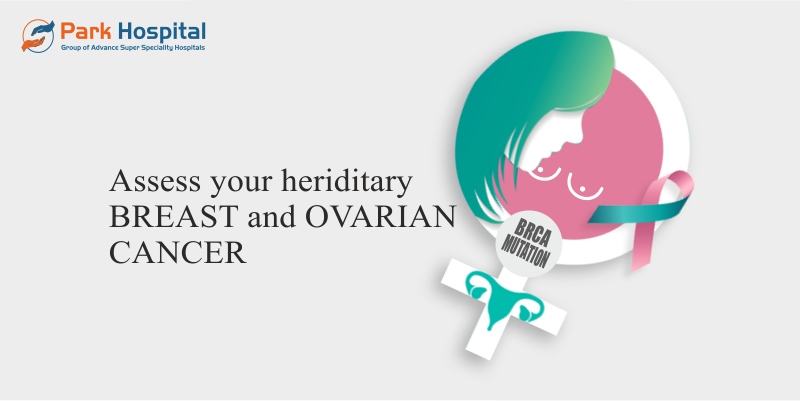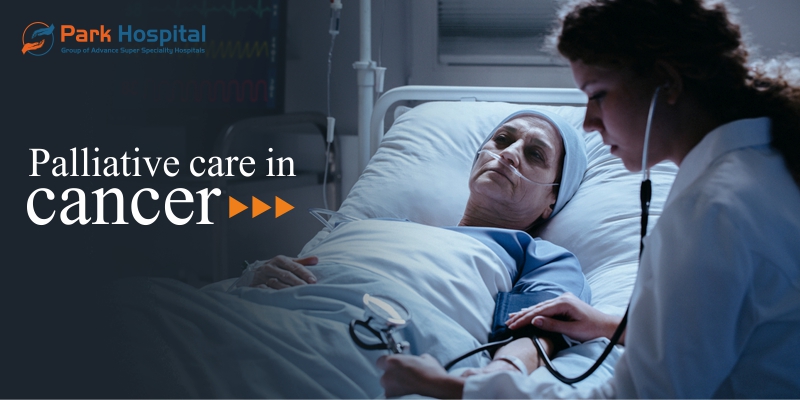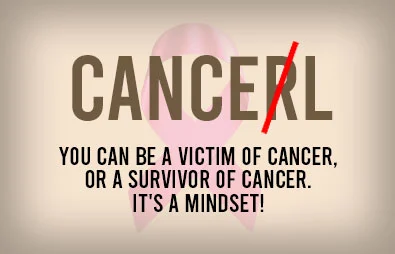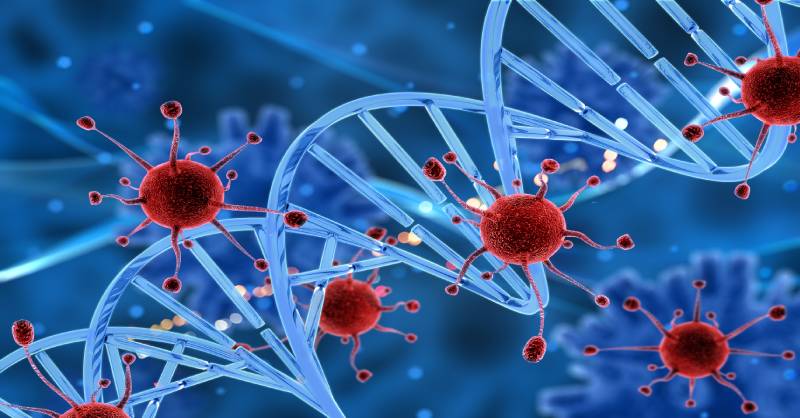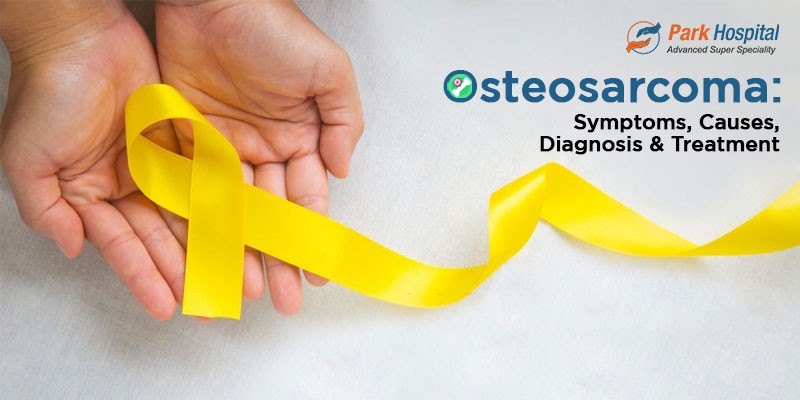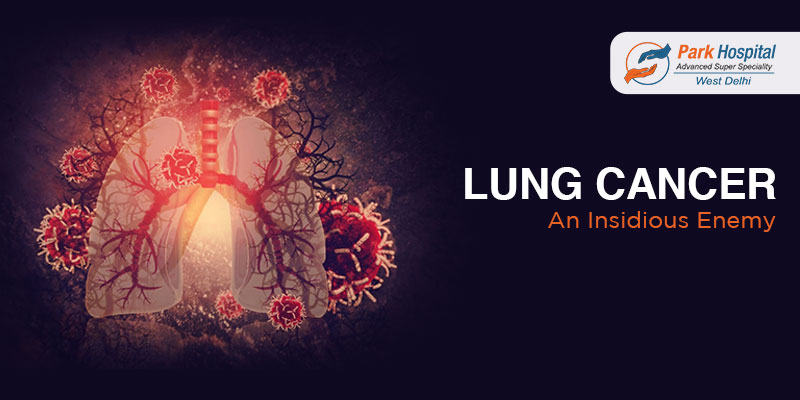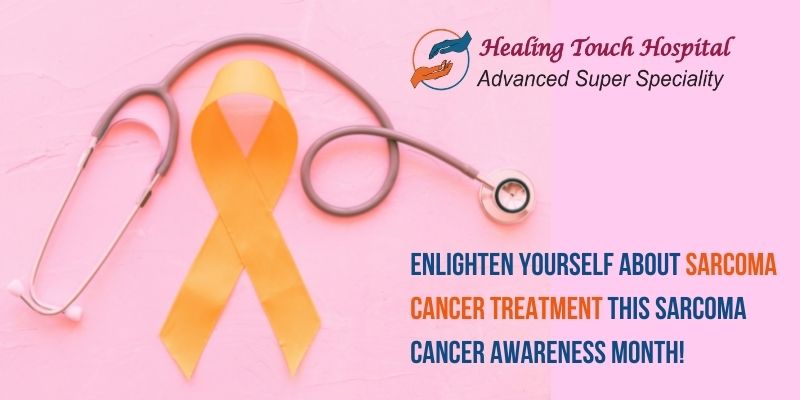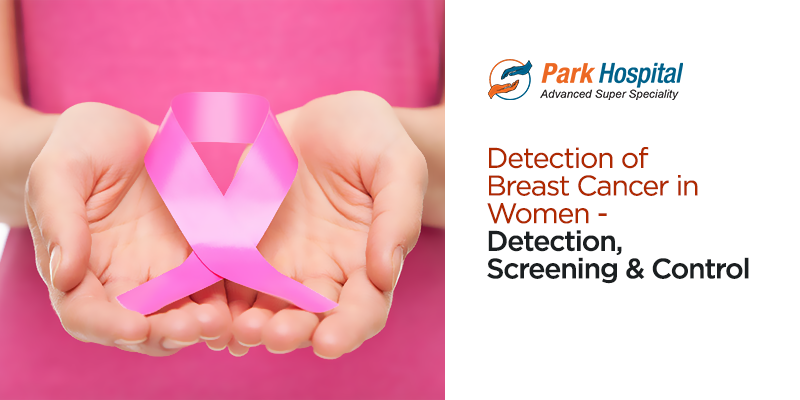Overview
Finding the right oncologist is the first and most crucial step in effectively treating cancer. Whether you are facing a new diagnosis, noticing persistent symptoms, or evaluating second opinions, having a qualified cancer doctor by your side can make a significant difference in your treatment journey. Oncologists are specially trained to diagnose, manage, and treat various types of cancers, providing a holistic and personalized approach tailored to each patient's condition.
At Park Group of Hospitals, we are committed to delivering advanced, evidence-based cancer care through our team of experienced oncologists and modern infrastructure. With a robust presence in Delhi, Gurugram (Sector 47, Palam Vihar, Sector 37D), Faridabad, Sonipat, Panipat, Karnal, Ambala, Patiala, Mohali, Behror, and Jaipur, we ensure timely access to expert cancer treatment and supportive services across North India. Our focus is on compassionate care, precision treatment, and improving long-term outcomes. In case of emergencies, you can reach our 24x7 cancer care helpline at +91 99166 99166 for assistance.
What Does an Oncologist Do? Role in Cancer Diagnosis & Treatment
An oncologist is a highly trained medical expert who focuses on the diagnosis, treatment, and long-term care of patients dealing with cancer. Their role goes far beyond prescribing medications or recommending therapies. Oncologists are skilled in identifying various types of cancer, understanding their stages, and creating customized treatment strategies that address the unique needs of each patient. This includes planning therapies such as chemotherapy, radiation therapy, immunotherapy, or a combination of approaches depending on the severity and type of cancer.
A cancer doctor is also responsible for monitoring the patient’s progress, adjusting treatment plans as needed, and managing side effects that may arise during the course of therapy. Their involvement does not end with treatment. They also provide long-term follow-up care, emotional support, and guidance to help patients maintain their quality of life.
In most cases, oncologists work closely with a multidisciplinary team that includes surgeons, radiologists, pathologists, nurses, and counselors. This collaborative approach ensures that every aspect of the patient’s cancer care is addressed. Whether it is offering guidance on the latest therapies or helping families understand complex medical decisions, an oncologist serves as both a medical guide and a source of strength for those facing cancer.
Types of Oncologists and What They Specialize In
Cancer care requires a multidisciplinary approach, and different types of oncologists bring their own expertise to the treatment process. Each type of cancer specialist focuses on a specific method of treating tumours and managing malignancy, working together to provide comprehensive care for the patient. Understanding these roles helps patients make informed decisions about their cancer treatment and ensures the most suitable therapies are selected based on the condition.
i) Medical Oncologist
A medical oncologist is a cancer doctor who specializes in treating cancer using medications. These include chemotherapy, immunotherapy, hormonal therapy, and targeted therapies. Medical oncologists often serve as the central figure in a patient’s cancer care team, overseeing the treatment plan and coordinating with other specialists such as radiation oncologists and surgical oncologists. They also monitor treatment response, manage side effects, and provide supportive care throughout the patient's journey.
ii) Surgical Oncologist
A surgical oncologist is a doctor trained to perform surgeries to remove tumours, malignant tissues, and in some cases, entire organs affected by cancer. They also conduct biopsies to confirm a cancer diagnosis and determine its extent. Surgical oncologists work closely with other oncologists to decide whether surgery is the first step or part of a combination therapy plan. Their expertise is especially important in treating solid tumours where removal is essential for curing or controlling the disease.
iii) Radiation Oncologist
A radiation oncologist is a specialist who treats cancer using high-energy radiation. This method targets and destroys cancer cells while aiming to preserve nearby healthy tissue. Radiation oncologists are experts in planning and administering precise doses of radiation therapy using advanced techniques like intensity modulated radiation therapy or image guided radiation therapy. They play a key role in both curative and palliative settings and often collaborate with medical and surgical oncologists for optimal outcomes.
Each of these oncologists plays a distinct yet interdependent role in delivering effective cancer care, ensuring that patients receive a personalized, evidence-based approach to managing their condition.
Common Types of Cancers Treated by Oncologists
Oncologists manage a wide range of cancer types across all stages of the disease. Some of the most commonly diagnosed and treated cancers include:
● Head and neck cancers
● Colon and rectal cancer (colorectal cancer)
● Esophageal and stomach cancer
● Liver and pancreatic cancer
● Ovarian and cervical cancers
● Kidney and bladder cancer
● Skin cancers including melanoma
● Prostate cancer
● Brain tumours
● Blood cancers (leukemia, lymphoma, myeloma)
Each cancer type requires a unique treatment strategy depending on its stage, spread, and the patient’s overall health. Our expert oncologists at Park Group of Hospitals use a multidisciplinary approach to create personalized treatment plans for all these conditions and more.
Why You Should Consult a Cancer Specialist Early
Consulting a cancer specialist at the earliest sign of symptoms plays a critical role in improving the success of cancer treatment. Early detection often means that the cancer is found at a stage when it is more responsive to therapies, requires less aggressive interventions, and has a higher likelihood of complete recovery. A timely visit to an oncologist can make the difference between a manageable condition and one that has advanced significantly.
An experienced cancer doctor is trained to recognize subtle cancer symptoms that might be missed otherwise. They can recommend the right diagnostic procedures, such as biopsies, blood tests, or imaging scans, to confirm or rule out malignancy or the presence of a tumour. With this information, the oncologist can create a personalized treatment plan that may include chemotherapy, radiation therapy, or surgery, depending on the specific diagnosis.
Delaying consultation may allow the tumour or malignant cells to grow or spread, reducing the number of effective treatment options and making management more complicated. In many cases, patients who delay seeking help only do so once the cancer symptoms become severe, which may indicate that the disease has already progressed to an advanced stage.
Therefore, if you notice unusual changes in your body such as unexplained weight loss, persistent fatigue, lumps, or any other abnormal symptoms, it is essential to consult a qualified oncologist or cancer doctor as soon as possible. Early action can not only save lives but also improve the overall quality of treatment and recovery.
When to Visit an Oncologist: Key Signs and Symptoms
Recognizing early cancer symptoms and seeking timely medical attention can significantly increase the chances of successful cancer treatment. A prompt visit to an experienced oncologist allows for early diagnosis and faster intervention, which is often associated with better outcomes. Many cancer types do not show obvious signs in the initial stages, but certain warning signs should never be ignored.
You should consult a cancer specialist if you experience any of the following symptoms:
● Lumps or swelling in any part of the body, particularly in the breast, neck, or lymph nodes
● Unexplained weight loss despite no changes in diet or lifestyle
● Recent change in bowel habits
● Persistent fatigue or chronic pain that does not improve with rest or treatment
● Changes in the skin, such as new moles, changes in existing moles, or sores that do not heal
● Unusual bleeding or discharge, including blood in urine, stool, or sputum
● Difficulty swallowing, frequent indigestion, or a chronic cough without any known cause
These symptoms may be associated with benign conditions, but they can also signal the presence of a tumour, malignant tumour, or early signs of malignancy. A qualified cancer doctor will carry out appropriate diagnostic tests, such as blood work, imaging, or biopsy, to determine the exact cause.
Ignoring these symptoms or delaying consultation can result in late-stage diagnosis, which may limit the available treatment options. Therefore, if you or a loved one are experiencing any of these signs, it is essential to visit an oncologist promptly for a thorough evaluation and to rule out or confirm a cancer diagnosis.
How Oncologists Help Diagnose and Treat Tumours
Oncologists play a key role in accurately diagnosing and effectively treating tumours. Their expertise helps determine not only the presence of cancer but also the exact type, location, and stage of the disease. A proper diagnosis forms the foundation for building a successful and individualized cancer treatment strategy.
The diagnostic process typically begins with a thorough review of the patient's symptoms, medical history, and physical examination. The oncologist may then recommend specific tests, which often include biopsies, where a small sample of tissue is removed for laboratory analysis. Additional diagnostic tools such as imaging tests like CT scans, MRIs, or PET scans help visualize the size and spread of the tumour. In some cases, genetic testing or molecular profiling is used to understand mutations that may influence treatment choices.
Once the diagnosis is confirmed, the oncologist designs a personalized treatment plan tailored to the patient's unique needs. This plan may involve one or a combination of treatments such as chemotherapy, radiation therapy, surgery, immunotherapy, or targeted therapies. Each approach has its specific purpose, whether it is to shrink the tumour before surgery, destroy remaining cancer cells after treatment, or boost the immune system to fight malignant tumours more effectively.
Beyond curative therapies, supportive care is an essential part of comprehensive cancer care. Oncologists help patients manage side effects like nausea, fatigue, and pain, and coordinate with nutritionists, physiotherapists, and mental health professionals to maintain the patient's overall quality of life during and after treatment.
By combining medical expertise with compassionate care, an oncologist ensures that the patient receives not only clinical attention but also emotional and psychological support throughout the cancer journey.
Role of a Radiation Oncologist in Cancer Care
A radiation oncologist is a highly trained cancer specialist who focuses on treating cancer through the controlled use of high-energy radiation. This form of therapy is a cornerstone of modern cancer treatment and is commonly used to target and destroy tumour cells while preserving surrounding healthy tissue. The precision and effectiveness of radiation therapy have made it a vital component in the fight against many types of malignant tumours.
The principle of radiation therapy is to damage the DNA of cancer cells, thereby preventing them from growing or dividing. A radiation oncologist carefully evaluates the type, size, and location of the tumour, along with the patient’s overall health, to design a customized treatment plan. Advanced imaging techniques such as CT scans and MRIs are often used to create a detailed map of the tumour, ensuring that radiation is delivered with maximum accuracy.
The role of a radiation oncologist goes beyond just delivering treatment. They also monitor the patient’s response to therapy, manage side effects, and adjust the dosage or technique if necessary to improve results. Radiation therapy can serve different purposes in cancer care. It may be used to completely eliminate cancer in curative cases, reduce the size of a tumour before surgery, destroy remaining cancer cells after surgery, or provide palliative relief by easing pain and other symptoms caused by advanced malignancies.
Modern techniques like intensity-modulated radiation therapy and image-guided radiation therapy help minimize exposure to nearby organs and tissues, reducing complications and improving outcomes. Throughout the process, radiation oncologists work closely with medical and surgical oncologists as part of a multidisciplinary team, ensuring that the patient receives well-coordinated and effective care.
By combining technological precision with clinical expertise, radiation oncologists play an essential role in delivering focused, impactful, and compassionate cancer treatment.
What You Should Expect During Your First Visit to an Oncologist
The first visit to an oncologist is a crucial step in your cancer care journey. It typically begins with a thorough review of your medical history, including any previous illnesses, family history of cancer, lifestyle factors, and current medications. The cancer doctor will also discuss your existing symptoms in detail, review any past diagnostic reports, and try to understand the progression and nature of your condition.
During this consultation, the oncologist may order or recommend additional tests such as blood work, imaging scans like CT or MRI, or biopsies if necessary. These tests help in confirming the presence of a tumour, understanding its type and stage, and identifying whether it is a malignant tumour or benign. Based on the findings, the cancer specialist will begin outlining a tentative cancer treatment plan tailored to your diagnosis.
You can expect clear communication regarding your condition, available treatment options, expected outcomes, possible side effects, and the overall course of care. This session is also your opportunity to ask questions about the disease, clarify doubts, and understand the roles of different specialists involved in your treatment. Building a transparent and respectful relationship with your oncologist is essential, as this partnership plays a central role in decision-making and emotional well-being throughout your treatment process.
Additionally, you may meet other members of the care team such as oncology nurses, nutritionists, or counselors who will support you during the various stages of cancer treatment. Many patients also bring a family member or friend along for support and to help remember the information shared during the visit.
Overall, your first visit is not just about clinical discussions but also about building trust, gaining clarity, and beginning a structured approach to fighting cancer under expert guidance.
How Oncologists Personalize Cancer Treatment Plans
Every individual’s journey with cancer is different, which is why oncologists focus on creating personalized cancer treatment plans that address the unique needs of each patient. This approach considers several key factors including the type and stage of cancer, the size and location of the tumour, the presence of any malignancy, the patient's age, existing health conditions, and even their emotional and psychological readiness.
A cancer specialist uses detailed diagnostic reports, imaging studies, biopsy results, and sometimes genetic or molecular testing to understand how a specific tumour behaves. These insights help determine which treatment methods are likely to be most effective. For example, certain malignant tumours may respond better to radiation therapy, while others may require chemotherapy or targeted immunotherapy. In many cases, a combination of treatments is chosen to attack the cancer from multiple angles.
Personalization also extends to the scheduling and intensity of treatment. An oncologist carefully plans treatment cycles to minimize side effects, manage fatigue, and allow the body time to recover. When needed, the treatment plan is adjusted based on how well the patient is responding or if there are any adverse effects. This flexibility ensures that the care provided remains aligned with the patient’s health condition and treatment goals.
Furthermore, modern personalized cancer care often includes consideration of the patient’s genetic markers or tumor-specific mutations, which can make therapies more targeted and effective. Oncologists may also integrate lifestyle advice, nutritional support, and mental health counseling to support the patient’s overall well-being throughout the treatment process.
By developing individualized treatment strategies, oncologists are not only aiming to control or cure the disease but also to preserve quality of life. This patient-centered approach is a cornerstone of modern cancer treatment, ensuring that therapy is both effective and compassionate.
Choosing the Right Oncologist: Key Factors to Consider
Selecting the right oncologist is a critical step in your cancer treatment journey. The right specialist not only offers medical expertise but also provides emotional support and guidance through every stage of cancer care. A well-chosen cancer doctor can significantly influence your recovery, treatment experience, and long-term health outcomes.
When choosing an oncologist, consider the following essential factors:
• Qualifications and Certifications: Ensure that your oncologist is certified by the board and holds a specialization in oncology A qualified cancer specialist will have undergone extensive training and meet the required clinical standards for diagnosing and treating various types of tumours and malignancies.
• Experience: It is important to choose a cancer doctor who has successfully handled cases of the same type of cancer cases you are dealing with. A specialist who regularly handles cases similar to yours will be more familiar with the nuances of the disease and updated on the latest treatments, whether for brain tumour, breast cancer, lung cancer, or any other type.
• Hospital Affiliations: The facility where the oncologist practices is just as important. Reputed hospitals like Park Group of Hospitals offer access to state-of-the-art diagnostic tools, cutting-edge therapies, and a multidisciplinary team that enhances the quality of care.
• Communication Skills: You should feel comfortable discussing your concerns with your cancer doctor. A good oncologist explains complex medical terms in simple language, involves you in decision-making, and listens patiently to your questions and emotional concerns.
• Patient Reviews and Recommendations: Real-life testimonials and feedback from other patients can provide insights into the oncologist’s approach, availability, and success rate. Ask your primary care provider for referrals or check reviews online to learn from the experiences of others.
You may also want to consider logistical aspects like the doctor’s availability, location of the clinic or hospital, treatment costs, and access to second opinions. In many cases, oncologists at multispecialty hospitals work with dietitians, psychologists, and rehabilitation experts to ensure comprehensive cancer care.
Choosing the right cancer specialist is more than a medical decision. It is about entrusting someone with your health and future. Taking the time to research and consult a well-qualified, compassionate, and experienced oncologist can have a profound impact on your overall treatment success and recovery journey.
Brain Tumour and Malignancy: How an Oncologist Can Help
A brain tumour, whether benign or malignant, demands highly specialized and coordinated medical care. Since the brain controls critical body functions, even a small tumour can affect cognition, movement, speech, or vision. This makes early and accurate diagnosis essential. A qualified oncologist, particularly one trained in neuro-oncology, plays a central role in managing such complex conditions. These experts work closely with neurologists, neurosurgeons, and radiation oncologists to ensure that every aspect of care is aligned with the patient’s specific condition.
In cases where the brain tumour is malignant, also known as a malignant tumour, the oncologist develops a comprehensive treatment plan tailored to the tumour’s type, location, and growth rate. This plan may involve a combination of surgery to remove as much of the tumour as possible, followed by radiation therapy to target remaining cancer cells, and chemotherapy or other systemic therapies to prevent recurrence. In some cases, targeted therapy and immunotherapy may also be considered based on the genetic profile of the tumour.
Beyond treatment, the oncologist plays a vital role in symptom management. This includes controlling seizures, reducing intracranial pressure, improving neurological function, and helping patients cope with fatigue or cognitive changes. The cancer specialist also supports the family in understanding the prognosis and assists in decisions regarding palliative care if needed.
Early consultation with an oncologist can significantly improve the chances of better functional outcomes and quality of life. With advanced imaging, diagnostics, and multidisciplinary care available at leading institutions like Park Hospital, patients can benefit from timely intervention and expert support across all our locations.
Frequently Asked Questions (FAQs)
1. What is the role of an oncologist in the treatment of cancer?
An oncologist plays a central and ongoing role in a patient’s journey from cancer diagnosis to recovery or long-term management. They are responsible for determining the type and stage of cancer, recommending and managing appropriate cancer treatment options such as chemotherapy, radiation, or surgery, and coordinating care among various specialists including radiation oncologists, cancer surgeons, and supportive care providers. The oncologist also monitors progress, adjusts treatment plans as needed, and helps manage side effects to ensure the patient’s comfort and well-being throughout the process.
2. When should I see an oncologist?
You should consult an oncologist if you experience persistent or unexplained cancer symptoms such as unusual weight loss, chronic fatigue, lumps, or prolonged pain. Additionally, if your primary care physician suspects cancer or refers you for further evaluation, it is important to visit a cancer specialist without delay. Early intervention allows for better prognosis and access to a broader range of treatment options.
3. How is a tumour diagnosed?
Diagnosing a tumour involves a series of medical evaluations. This may include physical examination, imaging studies such as MRI or CT scans, blood tests, and most importantly, a biopsy in which a sample of the suspicious tissue is examined under a microscope. In certain cases, genetic or molecular testing may also be conducted to understand the tumour’s behavior and to customize the cancer treatment plan accordingly.
4. Are all tumours cancerous?
No, not all tumours are cancerous. Some tumours are benign, meaning they are non-cancerous and do not spread to other parts of the body. Others are malignant, indicating the presence of cancer that can invade surrounding tissues and metastasize. An oncologist uses various tests and diagnostic methods to determine the nature of the tumour and recommend suitable treatment or monitoring strategies.
5. Can I consult an oncologist without a referral?
Yes, in most cases, you can consult an oncologist directly, especially if you are experiencing concerning symptoms or already have medical reports that suggest the presence of a tumour, malignancy, or other signs of cancer. Prompt consultation helps in early diagnosis and faster initiation of treatment, which can significantly improve outcomes.


